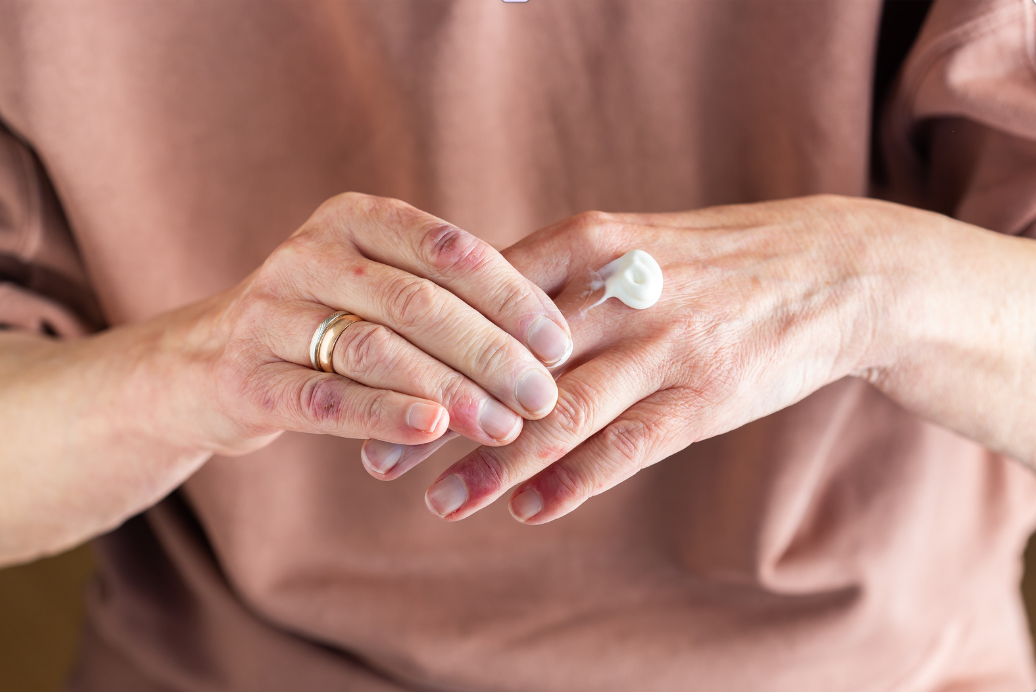
7 Things That can Help Eczema Flare Ups
Like acne and rosacea, eczema is a common skin condition that can have a huge impact on someone’s life. October is Eczema Awareness month so we asked Consultant Dermatologist, Dr Ophelia Veraitch for the do’s and don’ts about living with the condition. Here’s Dr Ophelia’s checklist of 7 things that can help with the eczema.
1. Eczema is an itchy dry skin condition that normally is caused by a genetic predisposition to inflammation and an impaired skin barrier function. Patients with eczema often have a family history of other atopic conditions such as asthma or hayfever. There are many factors that can cause eczema flare-ups including stress, airborne allergens, contact allergens and infections. While it’s important to know what triggers your eczema and avoid it, sometimes it’s impossible to do so. The first thing you can do to help control flare-ups is to always look after your skin barrier and be mindful of the skincare and products you use. Using non-soap based washes like Cetraben Wash and Dermal 500 (on the face and body) are ideal. And then follow with a good moisturiser to lock in the moisture and help with itching. Cetraben Ointment works well, particularly during the colder months. It’s a bit like Vaseline so may be too greasy for some people in which case try the Cetraben Lotion.
2. During a flare up you’ll find it beneficial to pare down your facial skincare routine eliminating or reducing active ingredients (perhaps temporarily or more long-term depending on the frequency of flare-ups). Vitamin C and retinol are beneficial for your skin, but only if the skin is healthy enough to be able to deal with them. So if the skin is inflamed, these products will usually make things worse. Try stopping them until the flare-up has calmed down and then re-introduce them gradually. And stick to gentle creamy cleansers such as Cerave Hydrating Cleanser or Cetraben Moisture Protect Facial Cleanser and avoid any exfoliating products.
3. It’s a good idea to avoid fragrance and preservatives in your skincare too as these are classic triggers for a skin flare-up. Expensive, luxury skincare which feels lovely on the skin often contains high levels of fragrance and preservatives which should be avoided if you are prone to eczema.
4. Studies have shown that installing a water softener if you live in an area where there is particularly hard water, can help prevent and reduce the severity of eczema particularly in babies. The studies which were done at King’s College London found that babies who grew up with softened water had a reduced occurrence and severity of eczema. Living in a hard water area was associated with an up to 87% increased risk of eczema at three months of age, so if you are pregnant and suffer from eczema or have a family history of eczema, installing a water softener may be worth looking into.
5. Other lifestyle things to think about are carpets, cats and dogs as they can all unfortunately carry airborne triggers such a house dust mites or pollen which can trigger eczema flare-ups. Wooden floors are much better than carpets as they don’t harbour house dust mites. And try not to allow cats or dogs to sleep on your bed as this can make eczema worse.
6. It’s definitely a good idea to book in to see a dermatologist if your eczema is persistent as they will be able to prescribe specific washes, creams or topicals that can help your particular type of eczema. For example there is a bacteria called Staphylococcus aureus which is most commonly responsible for the type of eczema which can produce crusty, sometimes yellowy eczema flare ups on the skin. A dermatologist will advise an antibacterial wash to suit you and sometimes creams too to help get rid of these bacteria. And don’t be tempted to wash using water that’s too hot as it will exacerbate the condition. Lukewarm water is best.
7. If your eczema is severe or persistent, a course of topical steroid creams which can then be gradually phased out and changed to non-steroid topicals may be needed. Topical steroid creams receive a lot of bad press but sometimes they are absolutely necessary. Your dermatologist will know the safe ones to use for long term use. There are also oral medications that can be taken alongside creams to help. Light therapy treatment also known as phototherapy which uses (UV) light can also reduce inflammation and relieve symptoms of eczema. And there is also a new injectable medication that can treat eczema called Dupixent which may be worth discussing with your dermatologist if your eczema is moderate to severe.
By Lucia Ferrai
Shop Bestsellers


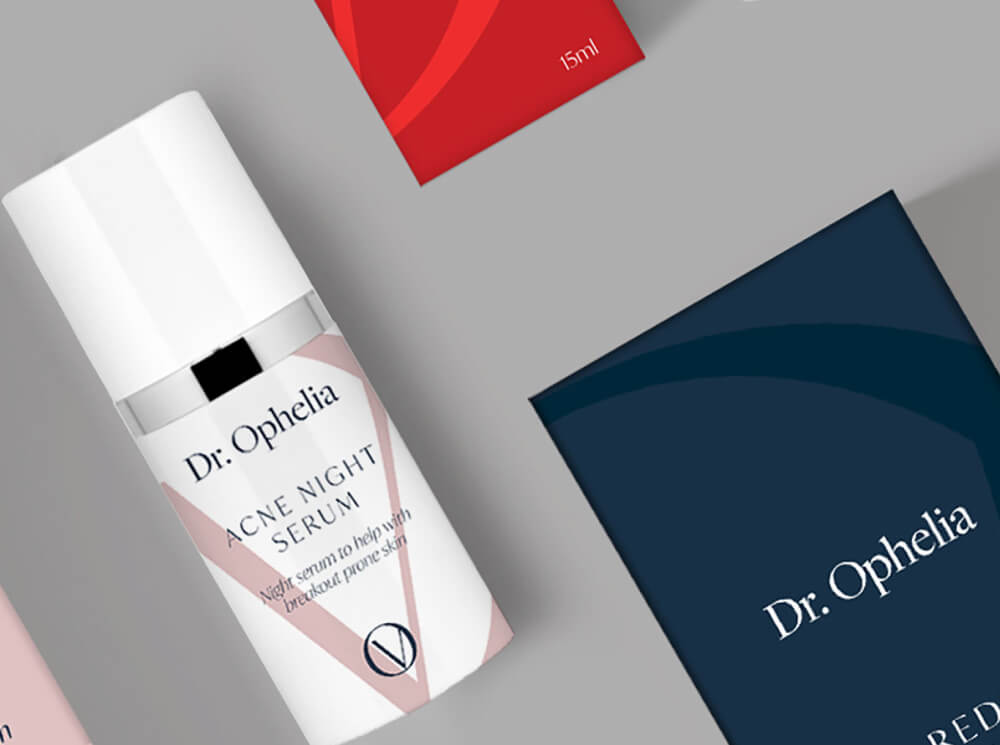
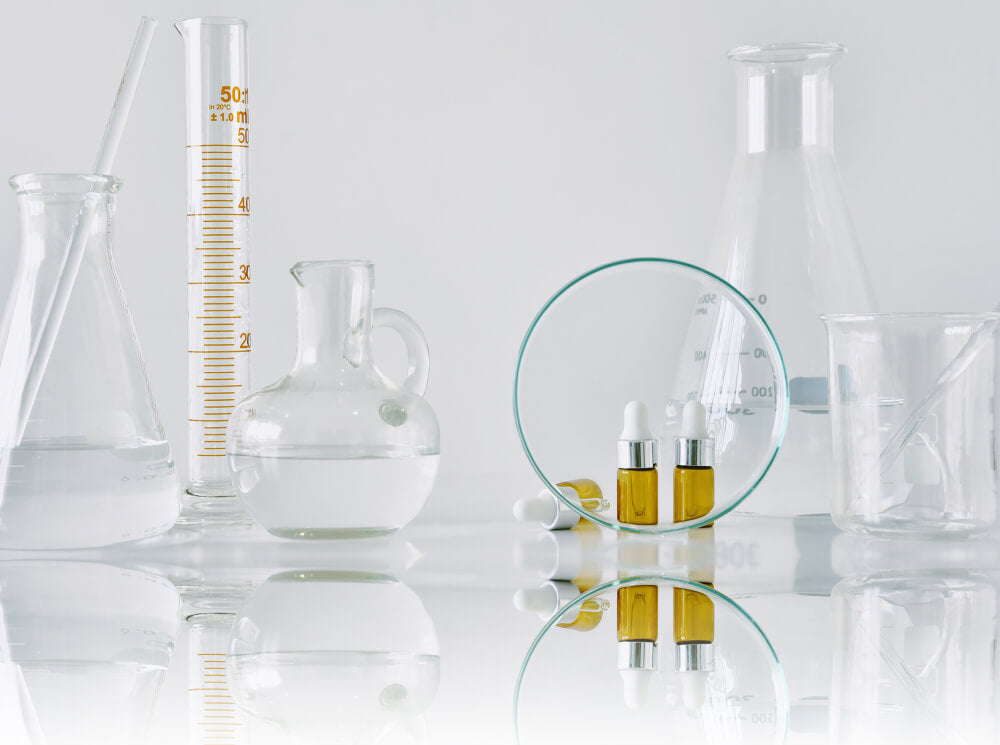
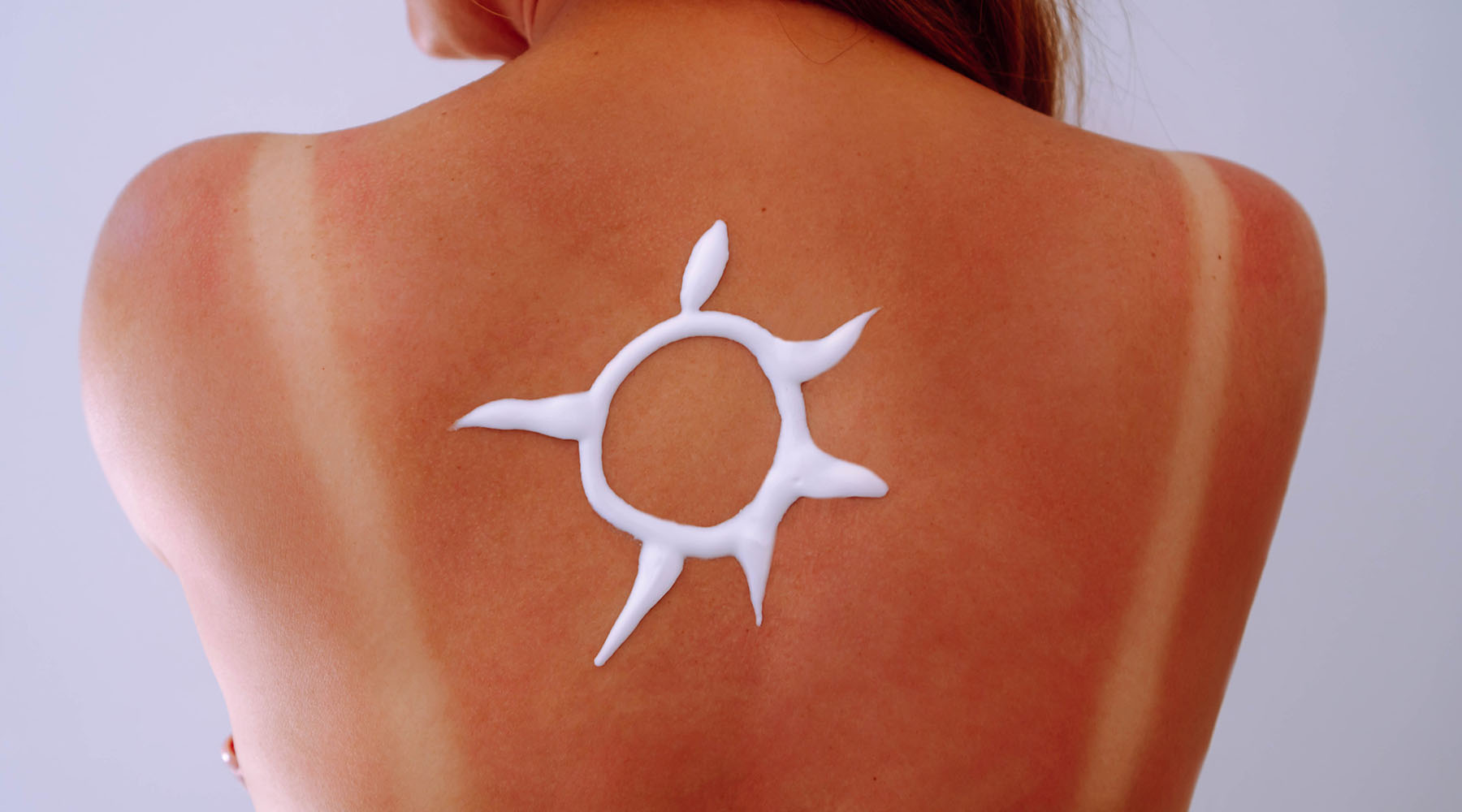
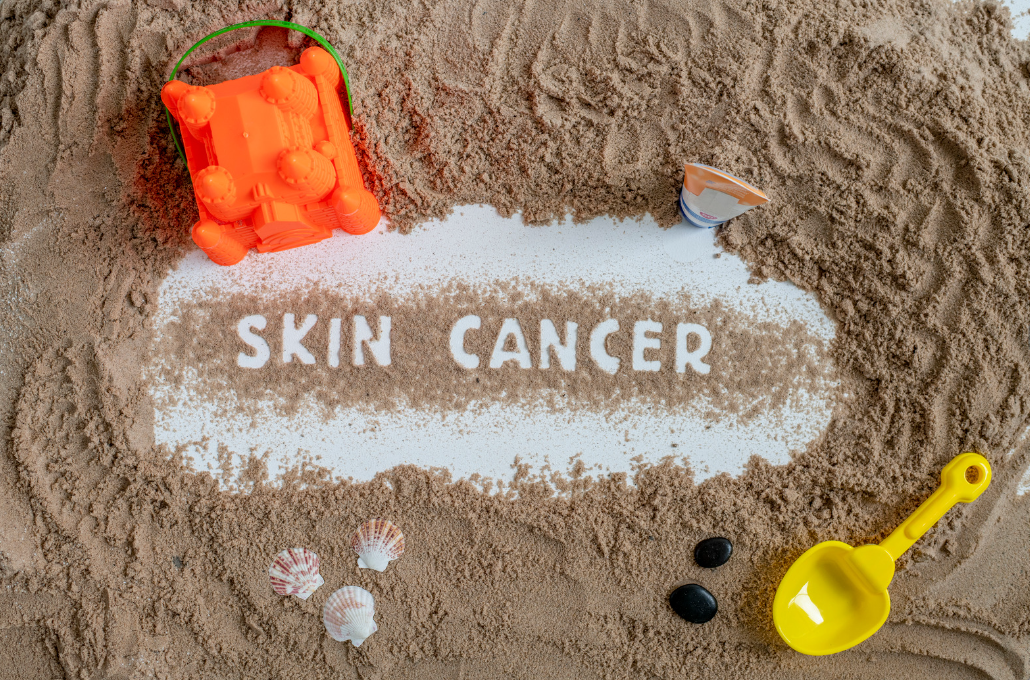
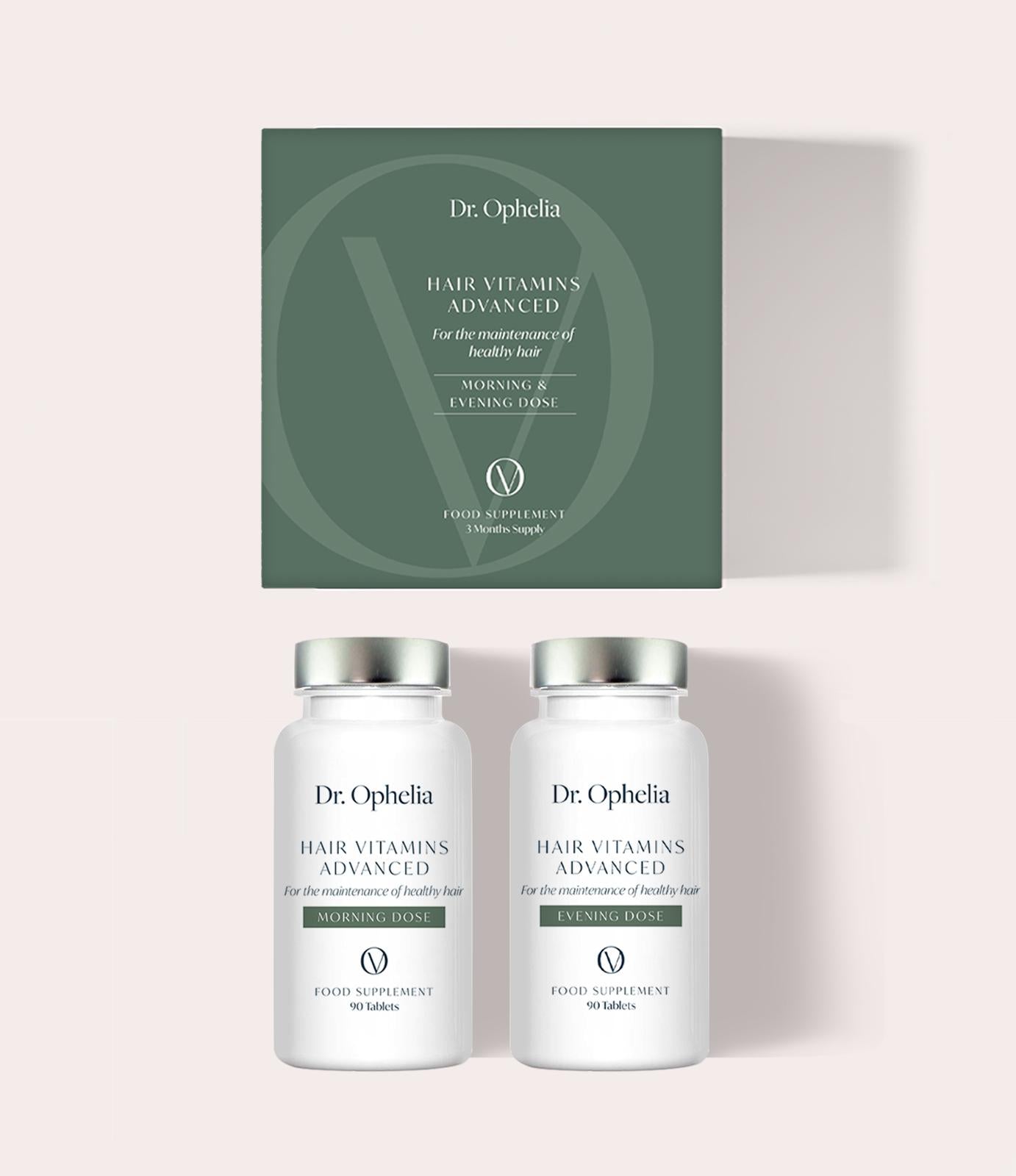
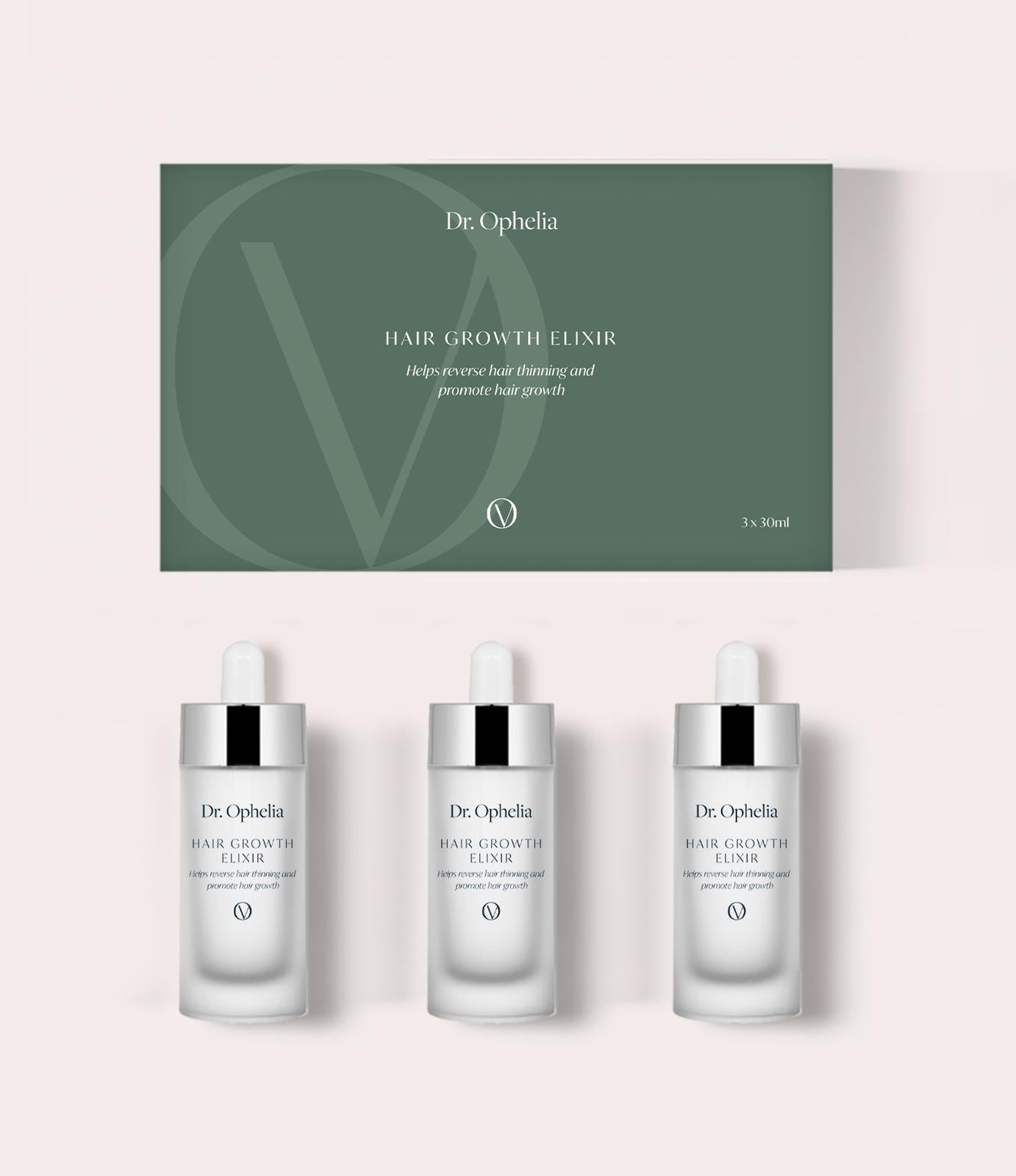
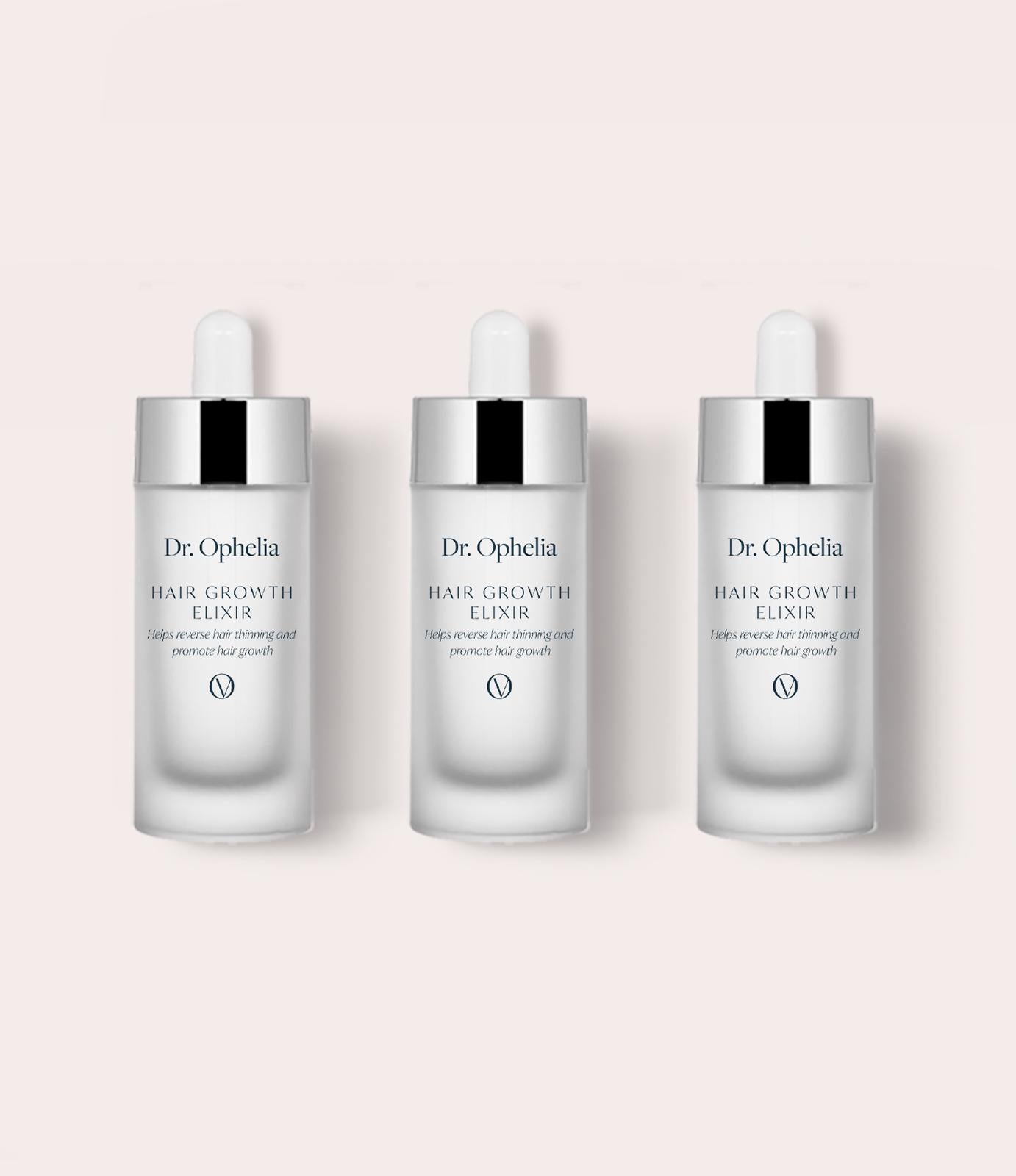
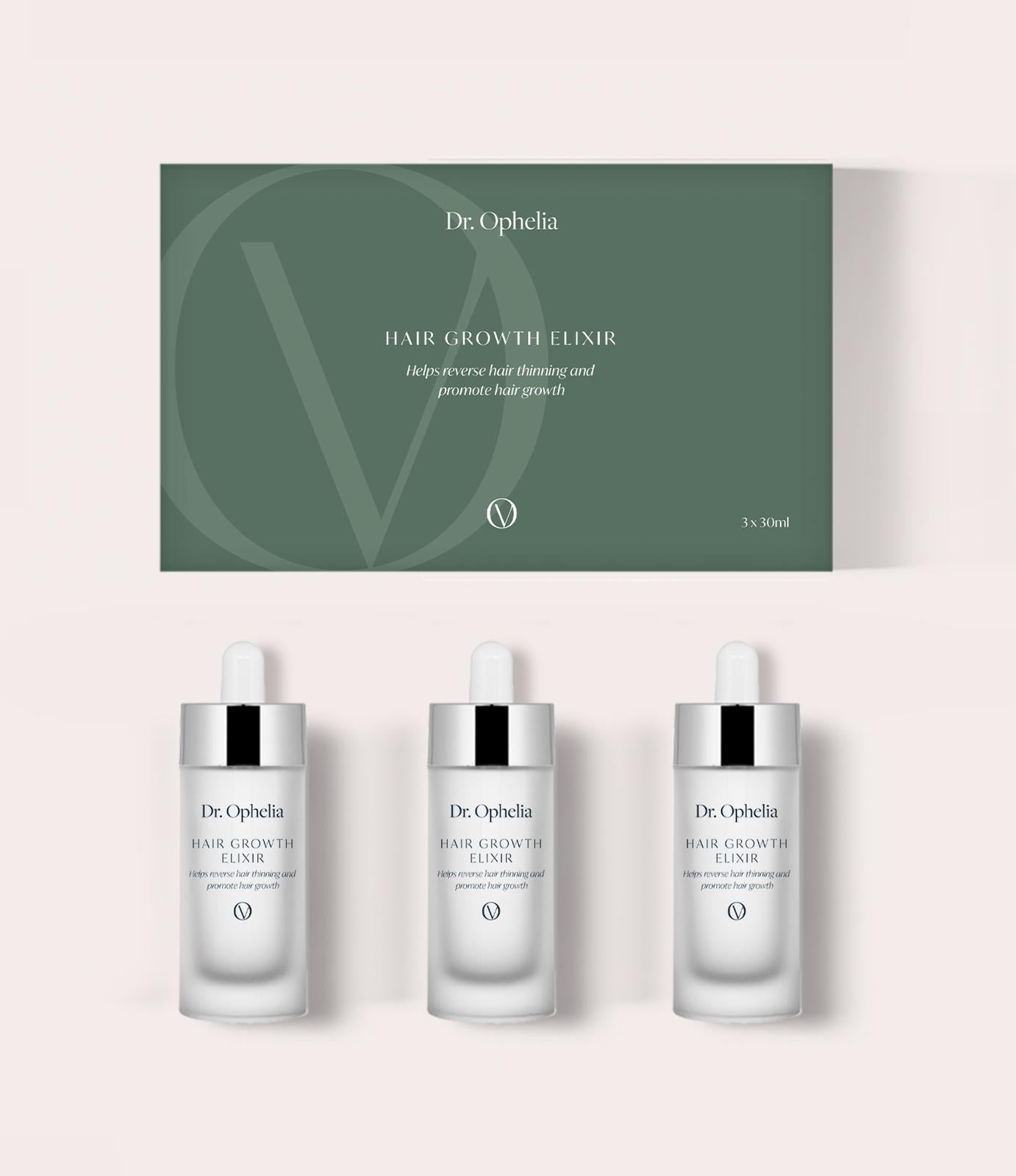
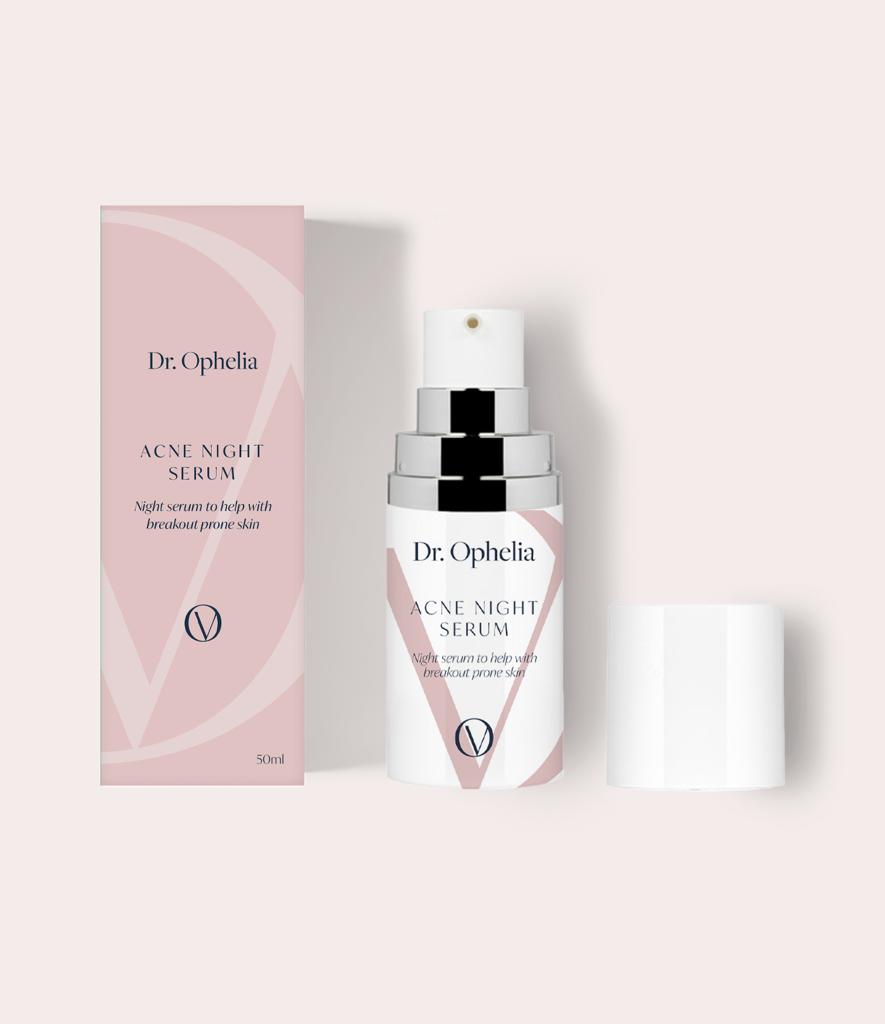
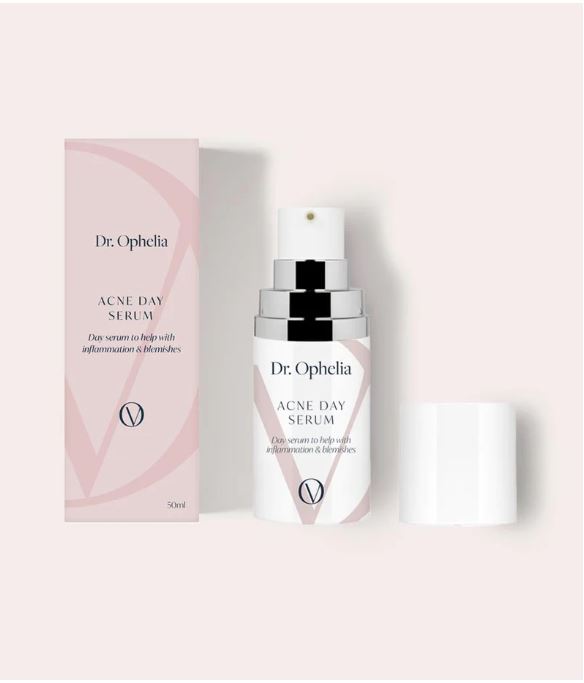
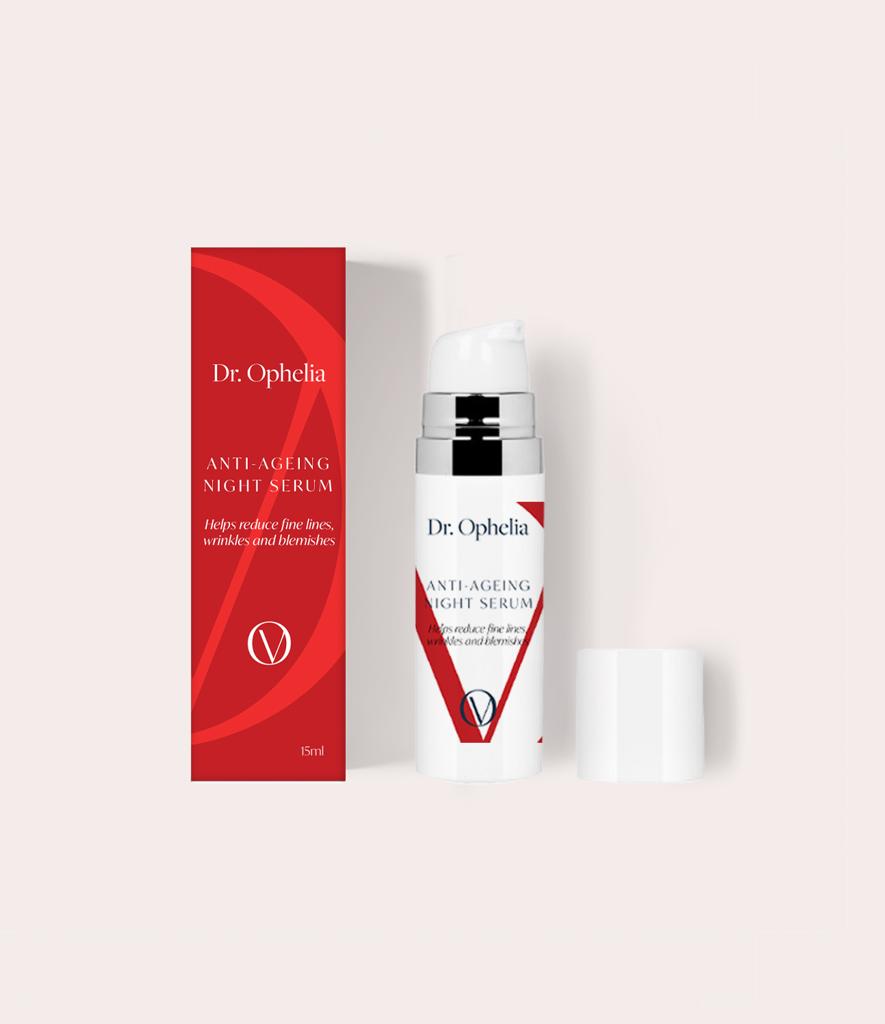
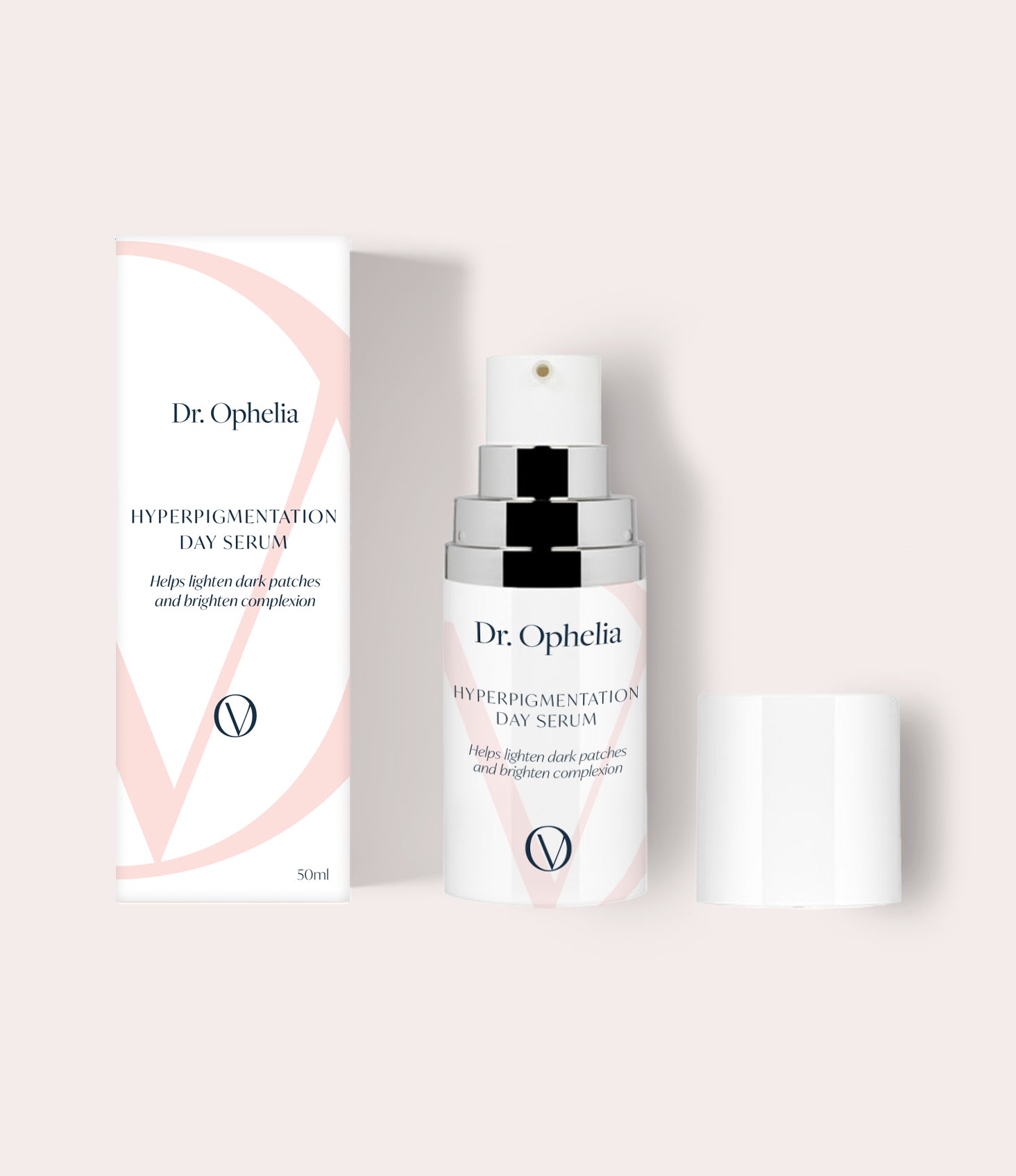
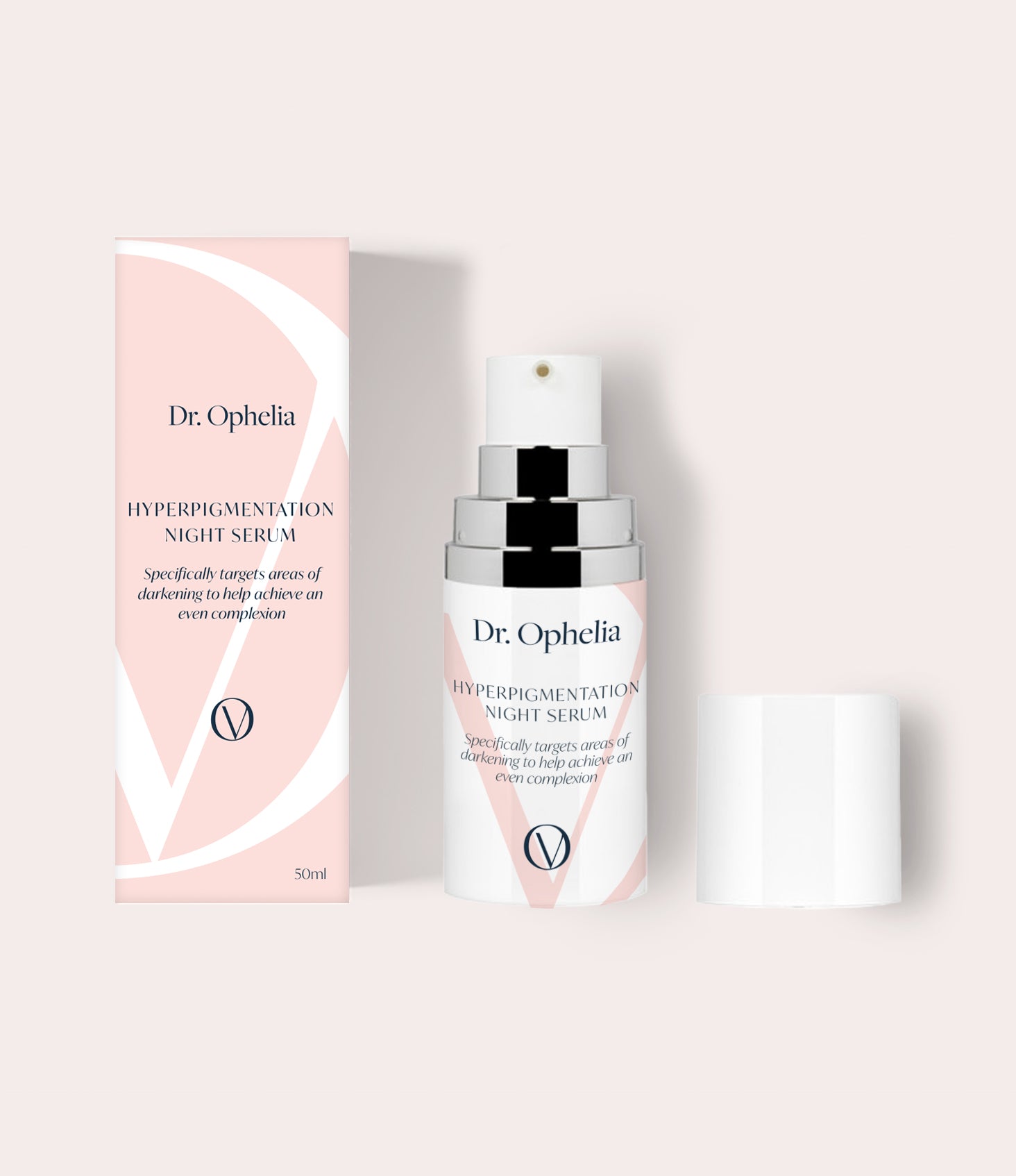
Leave a comment
This site is protected by hCaptcha and the hCaptcha Privacy Policy and Terms of Service apply.